|
Week 5: World War One
Welcome to HST 202 Week Five! This is the fifth learning module looking at the Great War from an American perspective. Pay attention: this next part is crucial for you to understand the nuances of history. This is most likely my most important rule. Ultimately, I tell my students at the beginning of every semester. Rule Number Five of History is History is not monolithic. It is told through countless eyes and countless lenses. Unfortunately, this is the first thing to go when organizing historical thoughts. When building a timeline of events, the historian must separate the vital from the trivial and mundane. However, this becomes challenging to do objectively. Like it or not, our worldview decides what is important to us. And our worldview is formed from our backgrounds and our values. Knowing this, we tend to have our history spoon-fed from a specific demographic, generally upper-class white Christian men. Before you cancel me, I must stress that this is not an attack but merely an observation. Those stories are important. That history must be preserved and retold. But what about other demographics? When drudging through American history, we spend much of our time dissecting the slave economy of the 19th century, the butchering and abuses against the native Americans, and the civil rights movement of the 1960s. Again, all pivotal moments in time and critical for understanding our past. But there is so much more out there that needs to be addressed. Asian American history and Latino history are, for the most part, nonexistent. Gay and Trans accounts are forgotten. Who was the first Muslim in the new world? The first Asians? Heck, what about the sports and games people played in the 17th century? All these concepts and stories beg to be addressed. I knew that publishers are limited to what they can include, especially at the hands of special interest groups and federal mandates in a textbook format. I am not tethered to that. This class can be whatever we shaped it into. It can grow and breathe as needed. And it will speak for the voiceless.
HIGHLIGHTS
READING
Carnes, Chapter 23 Woodrow Wilson and the Great War My classes utilize both Howard Zinn's Patriot's History of the United States and Larry Schweikart's Patriot's History of the United States, mostly in excerpts posted to the modules. You can access the full text of People's History or Patriot's History by clicking on the links. 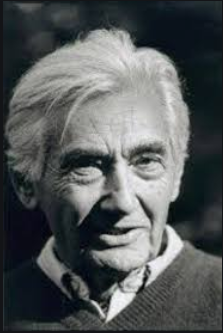
Zinn, Chapter 14 “War is the Health of the State”
"War is the health of the state," the radical writer Randolph Bourne said, in the midst of the First World War. Indeed, as the nations of Europe went to war in 1914, the governments flourished, patriotism bloomed, class struggle was stilled, and young men died in frightful numbers on the battlefields-often for a hundred yards of land, a line of trenches. In the United States, not yet in the war, there was worry about the health of the state. Socialism was growing. The IWW seemed to be everywhere. Class conflict was intense. In the summer of 1916, during a Preparedness Day parade in San Francisco, a bomb exploded, killing nine people; two local radicals, Tom Mooney and Warren Billings, were arrested and would spend twenty years in prison. Shortly after that Senator James Wadsworth of New York suggested compulsory military training for all males to avert the danger that "these people of ours shall be divided into classes.' Rather: "We must let our young men know that they owe some responsibility to this country…” …A remarkably perceptive article on the nature of the First World War appeared in May 1915 in the Atlantic Monthly. Written by W. E. B. Du Bois, it was tided "The African Roots of War." It was a war for empire, of which the struggle between Germany and the Allies over Africa was both symbol and reality: "… in a very real sense Africa is a prime cause of this terrible overturning of civilization which we have lived to see." Africa, Du Bois said, is "the Land of the Twentieth Century," because of the gold and diamonds of South Africa, the cocoa of Angola and Nigeria, the rubber and ivory of the Congo, the palm oil of the West Coast. Du Bois saw more than that. He was writing several years before Lenin's Imperialism, which noted the new possibility of giving the working class of the imperial country a share of the loot. He pointed to the paradox of greater "democracy" in America alongside "increased aristocracy and hatred toward darker races." He explained the paradox by the fact that "the white workingman has been asked to share the spoil by exploiting 'chinks and niggers."' Yes, the average citizen of England, France, Germany, the United States, had a higher standard of living than before. But: "Whence comes this new wealth? ... It comes primarily from the darker nations of the world-Asia and Africa, South and Central America, the West Indies, and the islands of the South Seas." Du Bois saw the ingenuity of capitalism in uniting exploiter and exploited-creating a safety valve for explosive class conflict. "It is no longer simply the merchant prince, or the aristocratic monopoly, or even the employing class, that is exploiting the world: it is the nation, a new democratic nation composed of united capital and labor." The United States fitted that idea of Du Bois. American capitalism needed international rivalry-and periodic war-to create an artificial community of interest between rich and poor, supplanting the genuine community of interest among the poor that showed itself in sporadic movements. How conscious of this were individual entrepreneurs and statesmen? That is hard to know. But their actions, even if half-conscious, instinctive drives to survive, matched such a scheme. And in 1917 this demanded a national consensus for war…
ASSIGNMENTS
Remember all assignments, tests and quizzes must be submitted official via BLACKBOARD Forum Discussion #6
Battlefield is a series of first-person shooter video games that started out on Microsoft Windows and OS X with Battlefield 1942, which was released in 2002. The series is developed by Swedish company EA DICE and is published by American company Electronic Arts. The series features a particular focus on large maps, teamwork and vehicle warfare. The PC games in the series are mainly focused on online multiplayer. The Battlefield series has been played by more than 50 million players worldwide as of 2012, across 11 games and 12 expansion packs released since its inception in 2002. Watch this gameplay trailer for Battlefield 1 (an installment based on the Great War). If you own the game on any platform, you may also play one round of multiplayer “Team Deathmatch.” Then answer the following:
What are some historical inaccuracies you see within the gameplay? Do you see anywhere that the game developers get an accurate depiction of World War 1? What are the pros and cons of getting your history from a video game? Need help? Remember the Discussion Board Rubric.
0 Comments
Leave a Reply. |
AuthorRyan Lancaster wears many hats. Dive into his website to learn about history, sports, and more! Archives
July 2024
Categories |

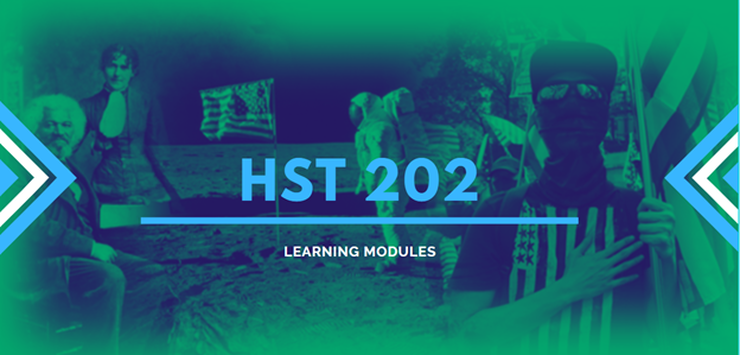
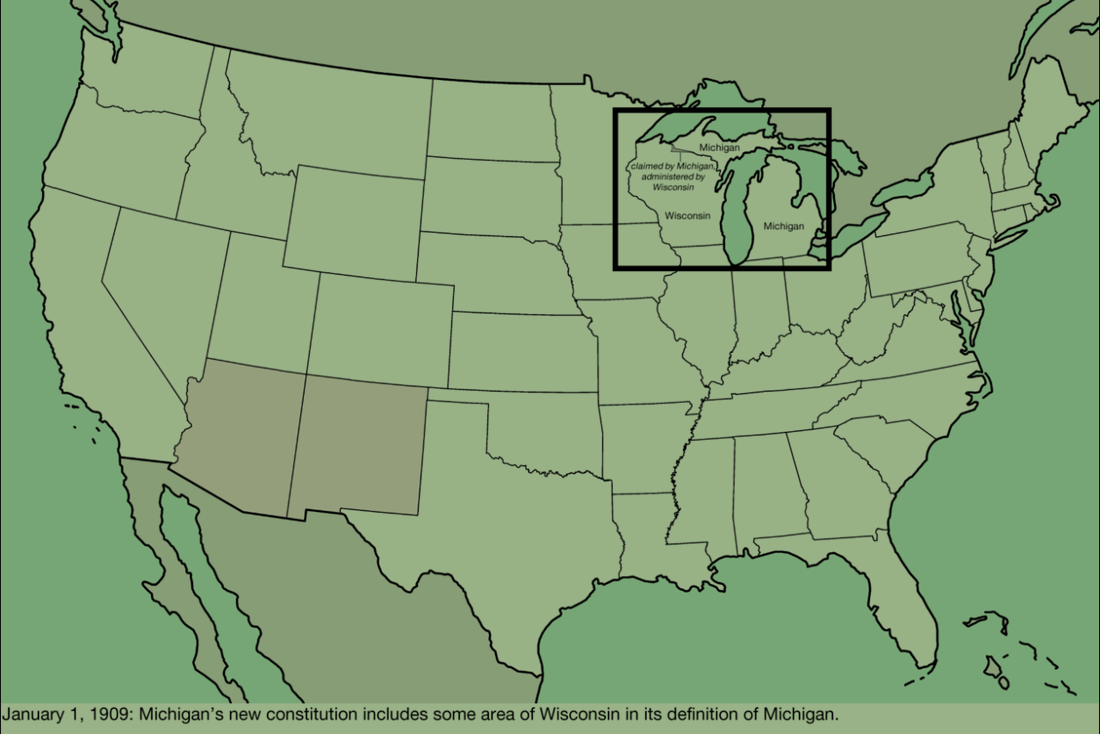
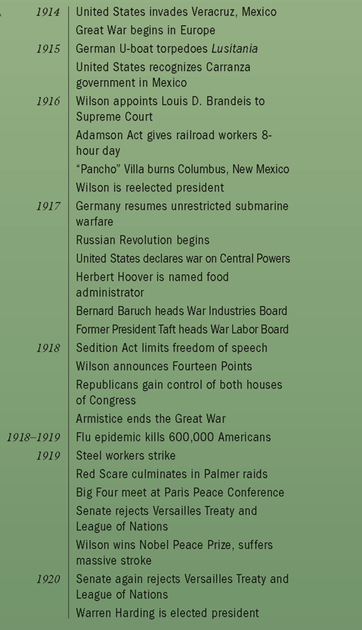
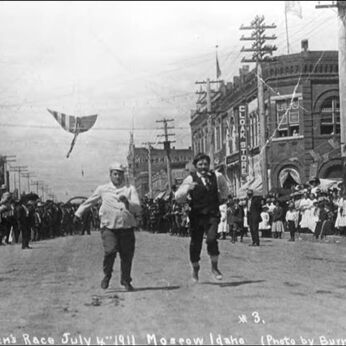
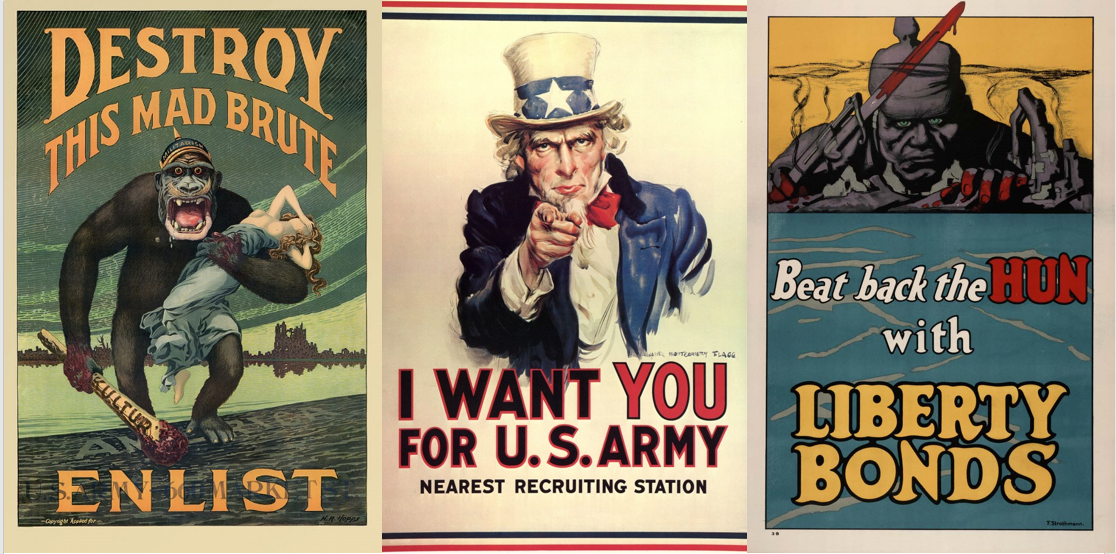
 RSS Feed
RSS Feed